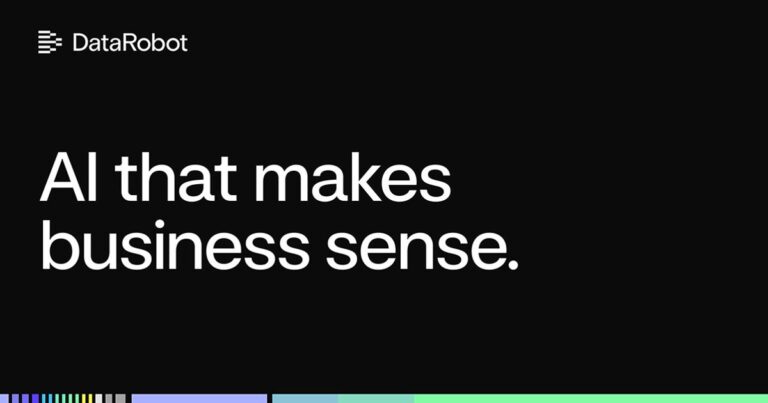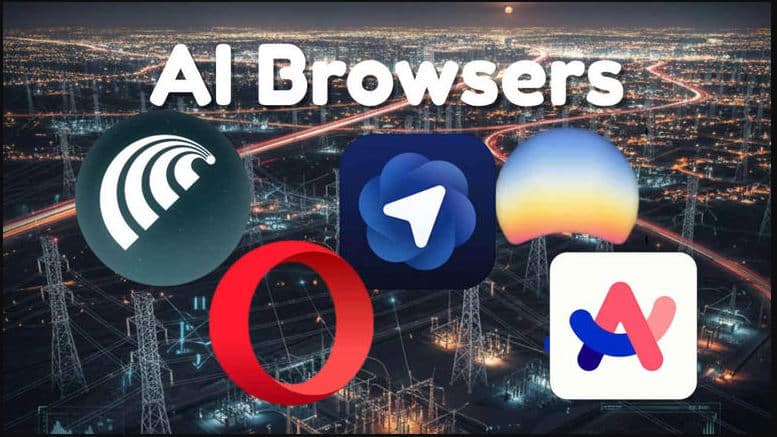AI Tools for Improving Customer Retention Strategies: A Modern Approach to Building Loyalty
In today’s hyper-competitive business landscape, customer retention has become as critical as customer acquisition. Studies show that retaining existing customers can be up to five times more cost-effective than attracting new ones, and loyal customers often contribute significantly more to revenue over time. However, maintaining long-term relationships in an era of high expectations and endless choices requires more than traditional methods. This is where artificial intelligence (AI) steps in, offering innovative tools and strategies to help businesses understand, engage, and retain their customers more effectively. From personalized recommendations to predictive analytics, AI is revolutionizing how companies approach customer retention. Let’s explore the key AI tools transforming this space and how they can be leveraged to create lasting customer loyalty.
1. Personalization at Scale: Tailoring Experiences to Individual Preferences
One of the most powerful ways AI enhances customer retention is through personalization. Traditional one-size-fits-all approaches no longer work, as customers expect experiences that align with their unique preferences and behaviors. AI-driven personalization engines analyze data from past interactions, purchase history, browsing patterns, and even demographic information to deliver hyper-relevant content, products, and services.
For example, e-commerce platforms like Amazon and Netflix use machine learning algorithms to recommend products or shows based on user behavior, significantly boosting engagement and reducing churn. In retail, AI can dynamically adjust website layouts or email campaigns to reflect individual customer interests. By creating tailored experiences, businesses make customers feel valued, increasing their likelihood to return.
Key AI Tools:
- Recommendation engines (e.g., TensorFlow, Amazon Personalize)
- Dynamic content creation platforms (e.g., Adobe Sensei, Akeneo)
2. Predictive Analytics for Churn Prevention
AI excels at uncovering patterns in vast datasets, making predictive analytics a game-changer for retention. By analyzing historical customer data, AI can predict which customers are at risk of leaving (churn) and identify the root causes. This allows businesses to take preemptive action, such as offering targeted promotions, improving service, or addressing pain points before they escalate.
For instance, telecom companies use AI to predict when a customer might cancel their subscription based on usage patterns, while SaaS providers analyze login frequency and feature adoption to flag at-risk accounts. Predictive models can also segment customers into groups, enabling tailored retention strategies for high-value clients versus those with lower engagement.
Key AI Tools:
- Salesforce Einstein (for CRM-driven churn prediction)
- Google Cloud’s AI and Machine Learning (for data-driven insights)
3. AI-Powered Chatbots and Virtual Assistants
Chatbots and virtual assistants are no longer just for answering FAQs—they’re now critical for enhancing customer support and engagement. These tools use natural language processing (NLP) to provide instant, 24/7 assistance, resolving issues quickly and improving customer satisfaction.
By automating routine queries, chatbots free up human agents to handle complex problems, ensuring customers receive timely support. Moreover, AI-powered chatbots can learn from interactions to refine responses over time, creating a more seamless experience. For example, a chatbot might recognize a returning customer and offer personalized solutions based on their history, fostering a sense of familiarity and trust.
Key AI Tools:
- Chatbot platforms (e.g., Dialogflow, HubSpot)
- Virtual assistants (e.g., Microsoft Azure Bot Service, IBM Watson Assistant)
4. Automated CRM and Customer Journey Mapping
Customer Relationship Management (CRM) systems enhanced by AI streamline interactions and help businesses track customer journeys more effectively. AI automates tasks like follow-ups, data entry, and email campaigns, ensuring consistent communication. Additionally, customer journey mapping tools use AI to analyze touchpoints and identify friction in the customer experience, enabling businesses to optimize each stage of the relationship.
For example, AI can flag when a customer hasn’t engaged with a brand in weeks and trigger a personalized outreach campaign. It can also highlight moments of truth—key interactions that influence customer loyalty—allowing teams to refine their strategies. Automation reduces human error and ensures that no customer falls through the cracks.
Key AI Tools:
- Salesforce Einstein AI (for automated CRM insights)
- Zendesk AI (for customer journey analytics)
5. Sentiment Analysis and Social Listening
Understanding customer sentiment is crucial for retention. AI-driven sentiment analysis tools scan social media, reviews, and customer service interactions to gauge emotions and detect dissatisfaction. This helps businesses address issues proactively and adapt their messaging to align with customer needs.
Social listening tools powered by AI can monitor conversations about a brand in real-time, identifying trends or emerging concerns. For instance, if a product receives negative feedback, the AI can alert the team to investigate and resolve the problem before it impacts retention. By maintaining a positive brand image and responding swiftly to feedback, companies can strengthen customer trust.
Key AI Tools:
- Brandwatch (for social media sentiment analysis)
- Hootsuite Insights (for real-time social listening)
6. AI-Driven Loyalty Programs
Loyalty programs are a cornerstone of retention, but AI can make them more effective by making rewards and incentives personalized and dynamic. AI analyzes customer spending habits, preferences, and engagement levels to offer targeted rewards, such as exclusive discounts or tailored product recommendations.
For example, a grocery store’s loyalty app might use AI to suggest recipes based on a customer’s purchase history or send a discount for a frequently bought item. This level of customization increases the perceived value of the program, encouraging repeat purchases and long-term loyalty.
Key AI Tools:
- Loyalty management platforms (e.g., Kount, Adobe Experience Cloud)
- AI-powered reward engines (e.g., Cognitivescale, Sift Science)
7. Real-Time Feedback and Continuous Improvement
AI tools can collect and analyze real-time feedback through surveys, social media, and customer support interactions. This data helps businesses refine their offerings and service quality continuously. For instance, AI can identify common complaints or praises, enabling teams to prioritize changes that resonate with customers.
Chatbots and voice assistants can also gather feedback during interactions, while predictive models can forecast the impact of changes on retention rates. This iterative approach ensures that businesses stay aligned with evolving customer expectations.
The Future of AI in Customer Retention
As AI technology advances, its role in customer retention will only grow. Emerging tools like generative AI can create personalized content, while emotion AI can detect customer moods during interactions. Additionally, AI will enable more sophisticated behavioral analytics, allowing businesses to anticipate needs and preferences with even greater accuracy.
However, the success of these tools hinges on ethical data practices. Ensuring transparency, security, and respect for customer privacy will be essential to maintain trust.
Conclusion
Customer retention is no longer a matter of luck—it’s a strategic imperative. AI tools provide the insights, automation, and personalization needed to foster deeper connections with customers and reduce churn. By leveraging predictive analytics, chatbots, CRM automation, and sentiment analysis, businesses can create a proactive, customer-centric approach that turns one-time buyers into lifelong advocates. As AI continues to evolve, its integration into retention strategies will be a key differentiator for companies aiming to thrive in a competitive market. Embracing these technologies isn’t just about staying ahead; it’s about building a future where customers feel seen, valued, and loyal.







